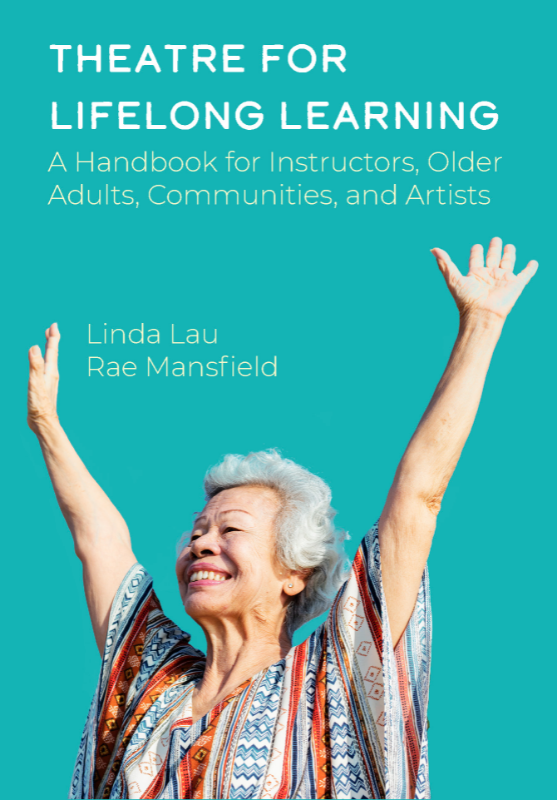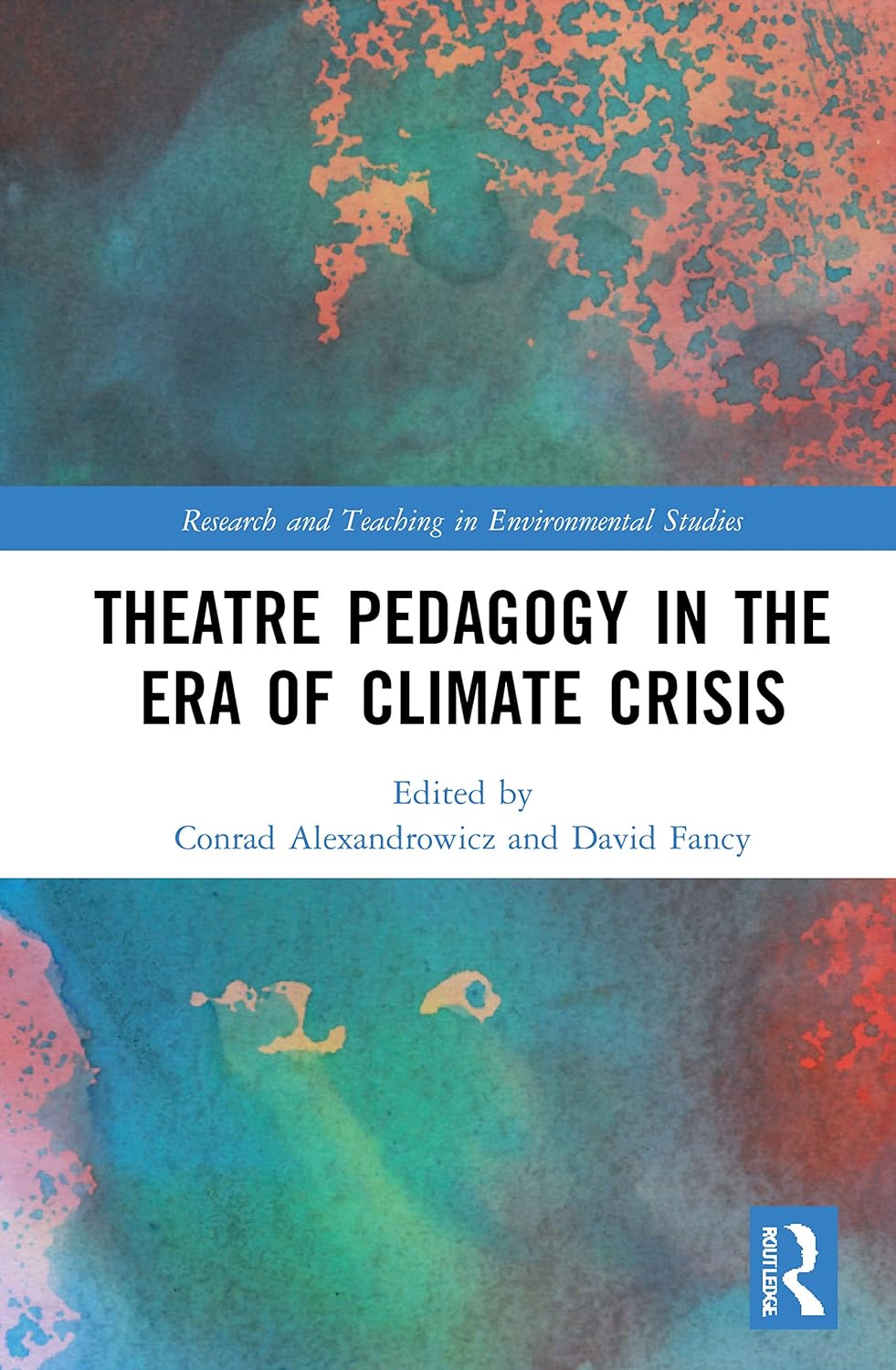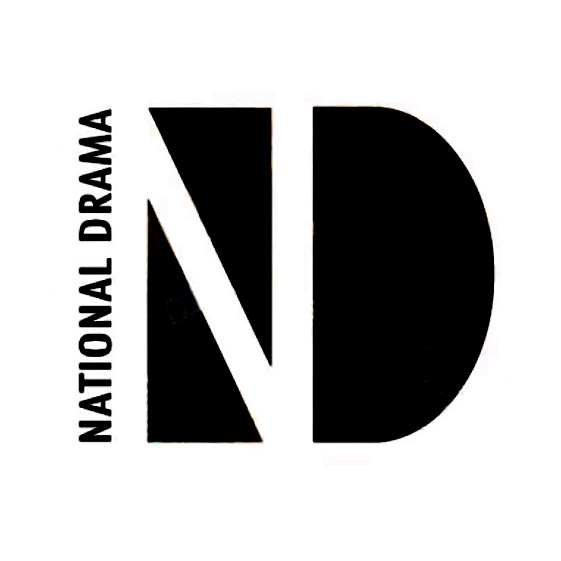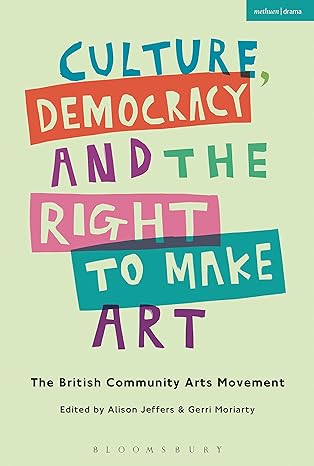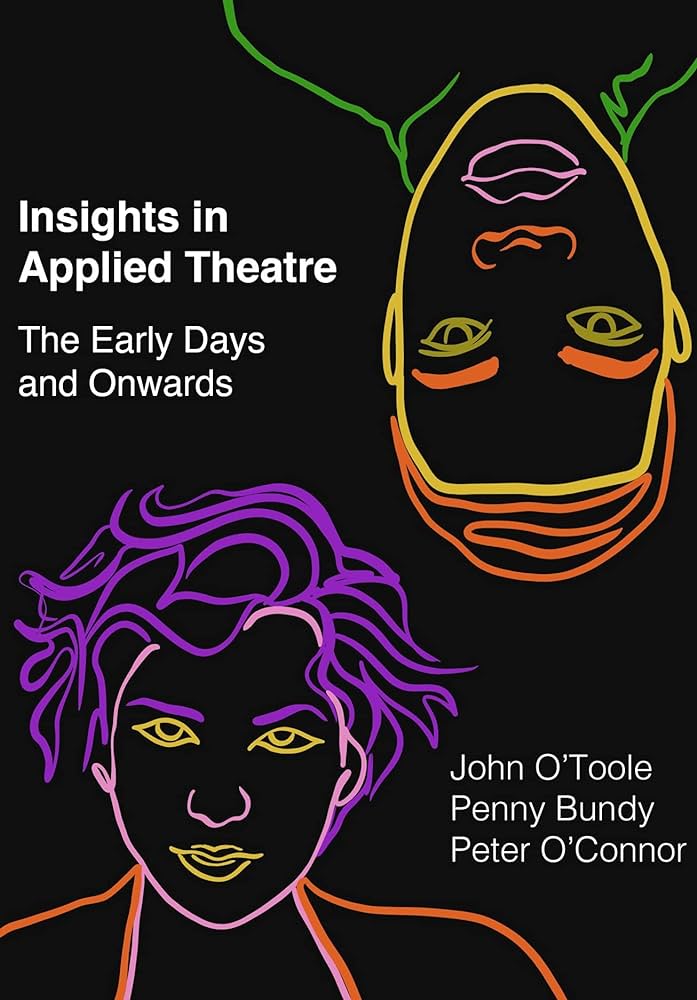Theatre for Lifelong Learning: A Handbook for Instructors, Older Adults, Communities, and Artists
The use of drama in lifelong learning is a well-evidenced endeavour, giving the adult learner the opportunity to involve themselves in a liberating, dialogic community.

